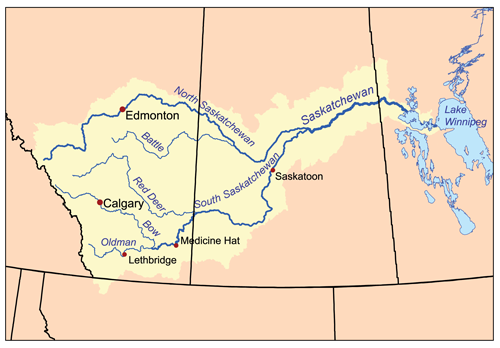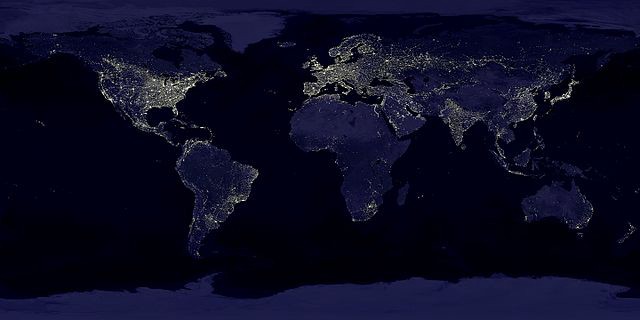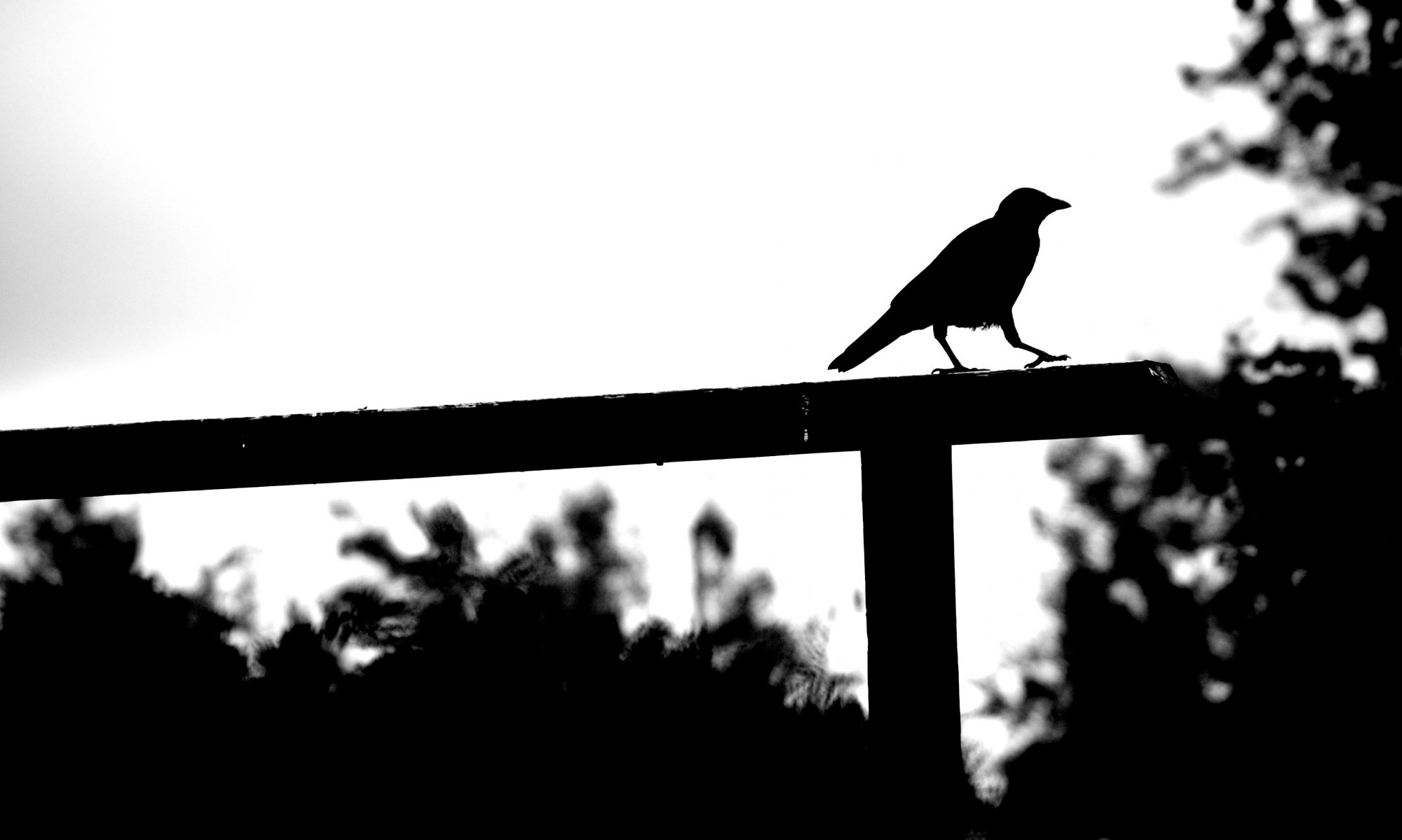I grew up in Calgary, which is in southern Alberta. The city itself sits right at the intersection of the Great Plains and the eastern slope of the Rocky Mountain. The Elbow River flows into town from the south and meets the Bow River where downtown now sits. The Bow itself flows from Banff in the west, through Calgary, and to the south and east until it joins up with the Oldman River, which empties into the South Saskatchewan River, which joins with the North Saskatchewan to form the Saskatchewan River. The water that started up in the moutains at Bow Glacier eventually ends up in Lake Winnipeg, and from there in the Arctic Ocean by way of Hudson Bay.

My family home was on the edge of downtown Calgary. In that respect you won’t find too many people who had as urban an upbringing as I did. But Calgary is a special place, particularly in its river valleys, because of the easy access that good civic planning (which has thankfully continued to this day) provided a rather “free range” kid like me to urban-wilderness spaces. I spent a great deal of time on the hill outside my house. At a young age — surprisingly perhaps in the contemporary era of nature deficit disorder, but not at all unreasonable in the 1980s — my parents were quite fine with me wandering down winding paths on the hill, fly rod in hand, to the Bow to see if I could rise a trout or two. Family holidays were never at a preprogrammed resort, but were spent in the mountains of Alberta or British Columbia; or on the prairies east of town and out to visit family in Medicine Hat; or further east exploring Saskatchewan.

Because of all the time and freedom that I had to spend on my own fishing the Bow, or calling magpies — always and forever my favorite bird — with homemade predator calls in front of my house, or sitting in the back seat for hours on end driving across Canada’s three western provinces on family holidays (and no iPads in the car, of course), I had more than ample time to contemplate the natural world around me.
I saw the Canadian Rockies and other ranges, mainly untouched except for ribbons of roads in the national parks, but substantially logged outside of those protected areas.
I saw the Bow and the Elbow, and felt the water on my legs rise and fall with upstream dam releases.
I caught beautiful brown trout that I knew had been introduced in the past in a mistaken stocking event.
I watched grass fires on the hill in front of our house, likely started by a discarded cigarette on the path at the bottom, burn through the prairie vegetation like fire is supposed to do, although we rarely let it do so anymore.
On long drives beneath the prairie sky dome during family vacations I looked across vast fields of canola, glowing yellow under the never ending blue, and wondered what it would have been like to see Saskatchewan before fences, before the bison were gone.
By my early teens I realized that the things that I was experiencing were not the way that they had always been. Despite how wonderful the world around me was, it had been diminished — sometimes in small ways, sometimes very dramatically. This is not to say, of course, that humans weren’t sometimes taking care of it and using it in good ways to feed, clothe, and shelter themselves and other humans. Rather, simply that something had been lost and that sometimes in our valid efforts to satisfy our needs we neglected the animals, plants, soil, and water in the rush to extract. Even that early in life I realized that neither I nor my children nor their children would ever experience an unfenced prairie out to the horizons, or an un-dammed Bow River. Although I didn’t call it that, I understood that there was a baseline that was now lost. And I understood that even though I wanted to imagine what had been there before I saw it, I never could truly know. I could surmise, extrapolate backward in time, and imagine. But I could never actually live it.
Whether I knew it or not, those incipient thoughts were similar to what Daniel Pauly called the Shifting Baseline Syndrome. Speaking about fisheries management, Pauly wrote, in a short, influential article:
Essentially, this syndrome has arisen because each generation of fisheries scientists accepts as a baseline the stock size and species composition that occurred at the beginning of their careers, and uses this to evaluate changes. When the next generation starts its career, the stocks have further declined, but it is the stocks at that time that serve as a new baseline. The result obviously is a gradual shift of the baseline, a gradual accommodation of the creeping disappearance of resource species, and inappropriate reference points for evaluating economic losses resulting from overfishing, or for identifying targets for rehabilitation measures.
In other words, relatively short-lived humans are prone to take the current situation as the “way it always has been” and to react to that rather than to what can be often lost to the memory hole of the past. This tendency needs some form of inoculation, because no one is inherently immune. That inoculation is having people here and now who are committed to measuring the baseline and ensuring that our records travel in time to the future. It is also up to those of us who are here now to do our own time traveling to the past by making sure that we are reading those sometimes very hard won records of our predecesors.
I can honestly say that I don’t fully know why I chose a career as an entomologist and ecologist. Reasons for any large life directions are usually found in multiples, and like any ecologist I know that there are very few outcomes that result from only one influence. However, I suspect what I am passionate about today had a great deal to do with my freedom to explore as a child and my primordial understanding of the lost baseline. I certainly do know that is what drives me today — specifically the hope to understand and record the small part of the world in my current backyard so that someone in the future might look back to get a glimpse of what is now to me, but what will be “what was” to them. And so that a future society can make wise choices in their management of the environment and of the resources that they need to extract.
We need to catch the current baseline. We need to record it. And we need to make sure that the records move into the future after our personal constituent parts succumb to the second law of thermodynamics. No one of us can do all of that, nor could even an army of ecologists in a plethora of sub-disciplines hope to record the full baseline. The blessing of the Anthropocene is that we have access to just about any spot on the planet and we have amazing new tools that we can use to observe and record deeper than ever before. The anathema of the Anthropocene is that humanity’s joint effects are changing those spots faster than we can hope to measure them.
But, despite the challenges, we need to make those measurements because without them a future that we can’t imagine won’t be able to imagine our present, their past.

